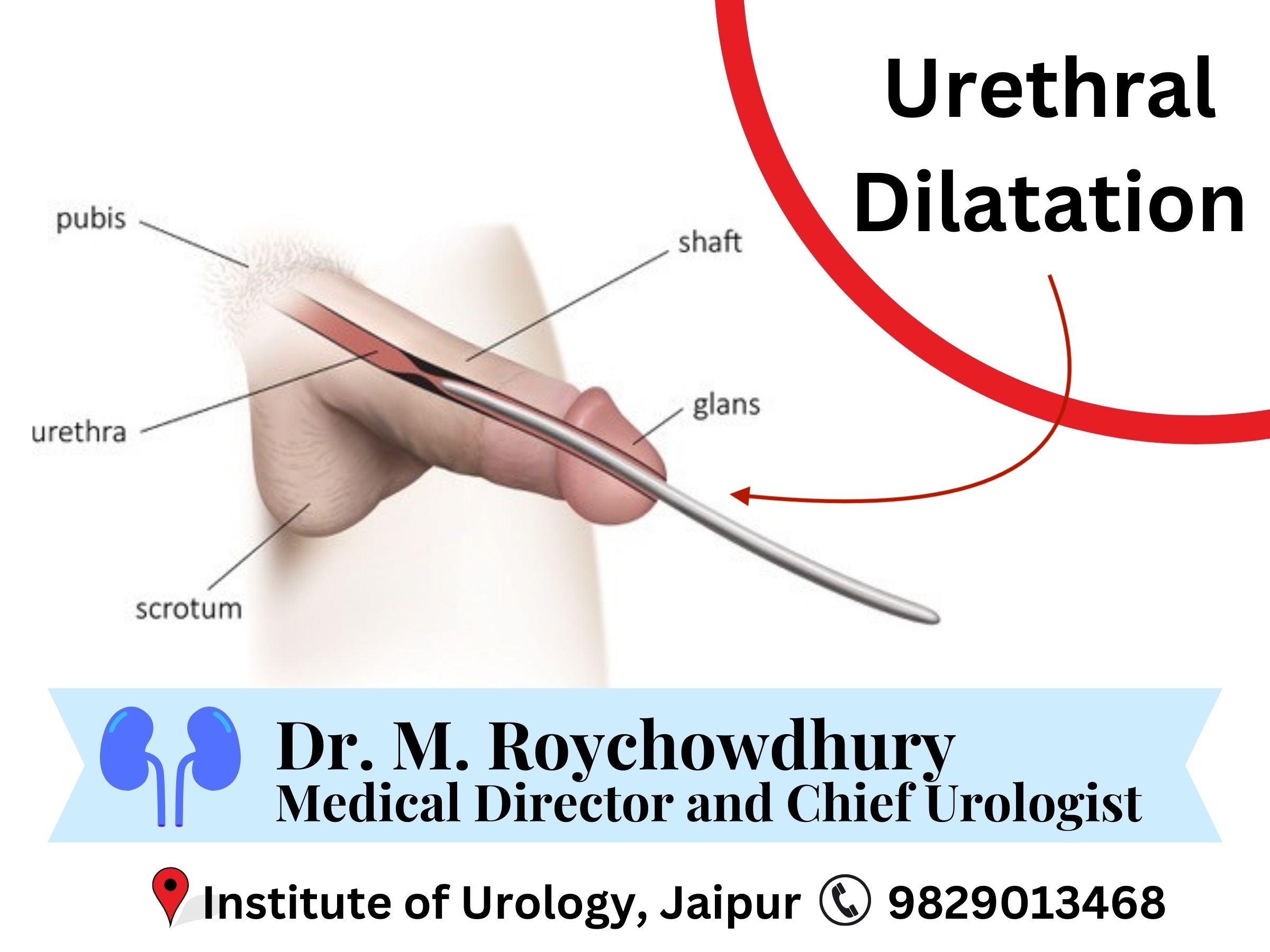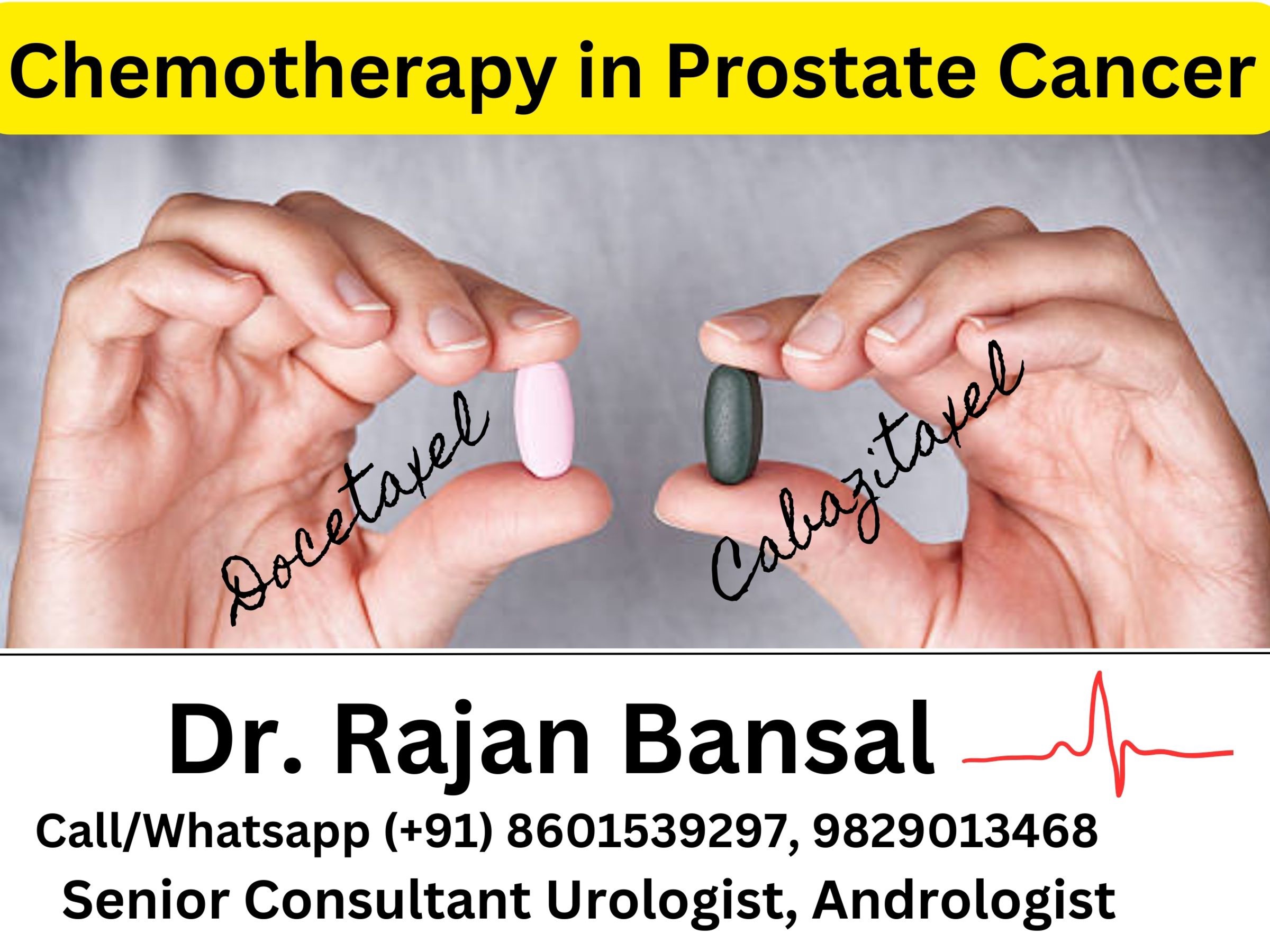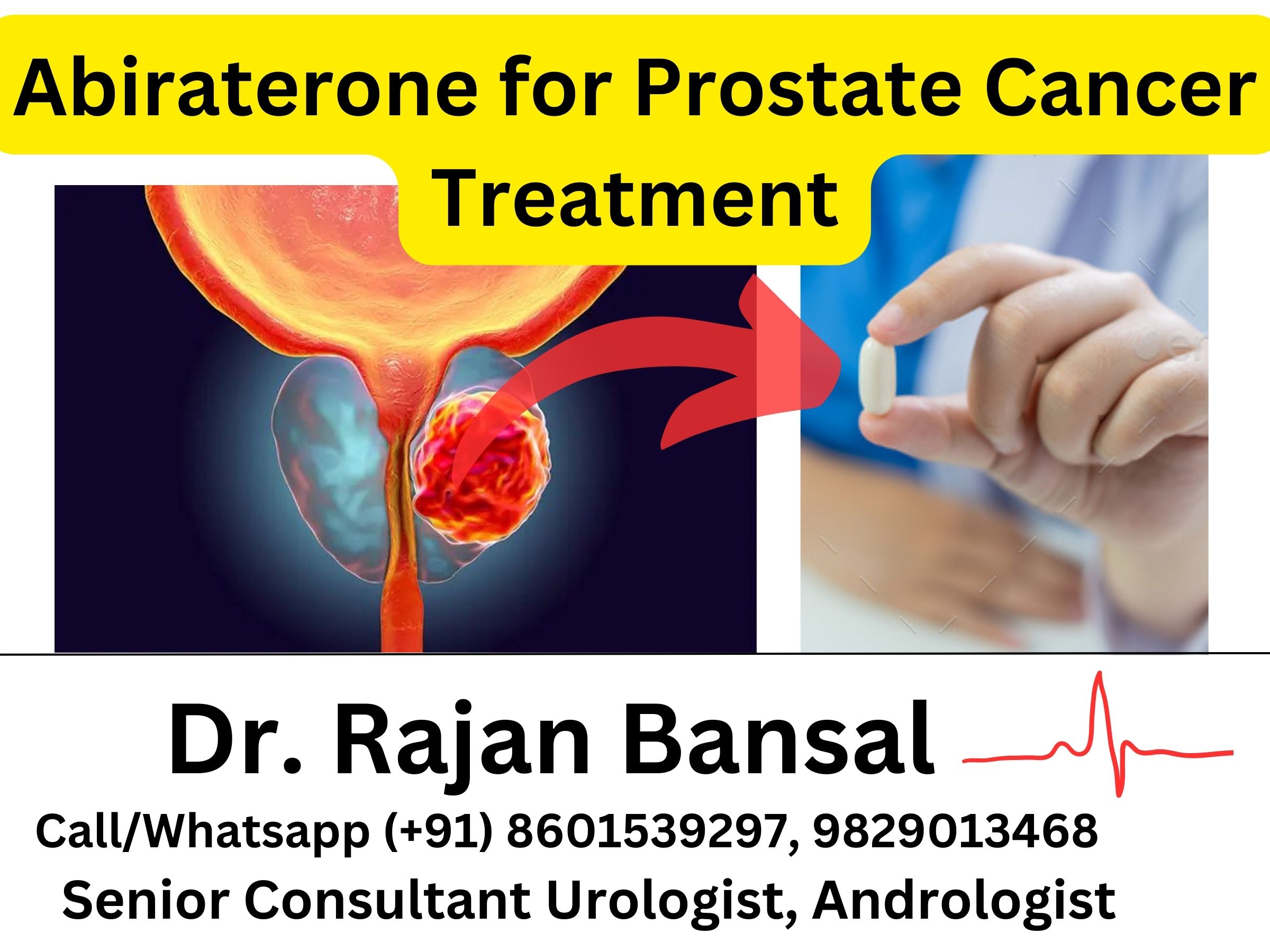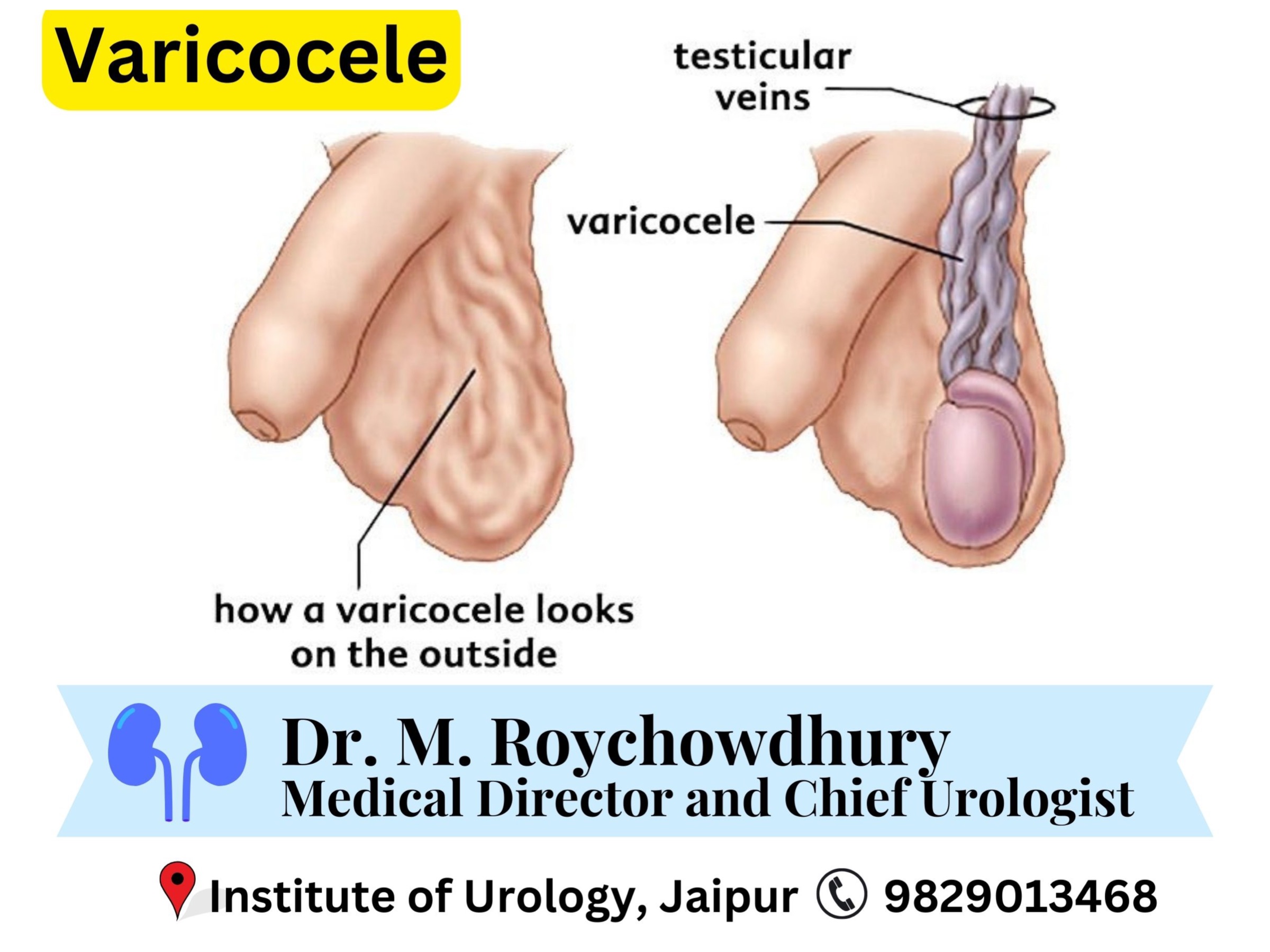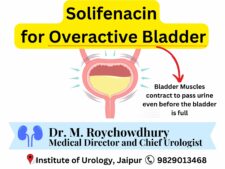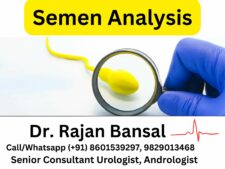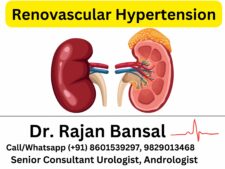Hormonal Therapy for Prostate Cancer: Prostate cancer is a common cancer among men and it often requires hormonal therapy as a part of its treatment. Hormonal therapy for prostate cancer involves the use of drugs that suppress or block the production of male hormones, specifically testosterone, which fuels the growth and spread of prostate cancer cells.
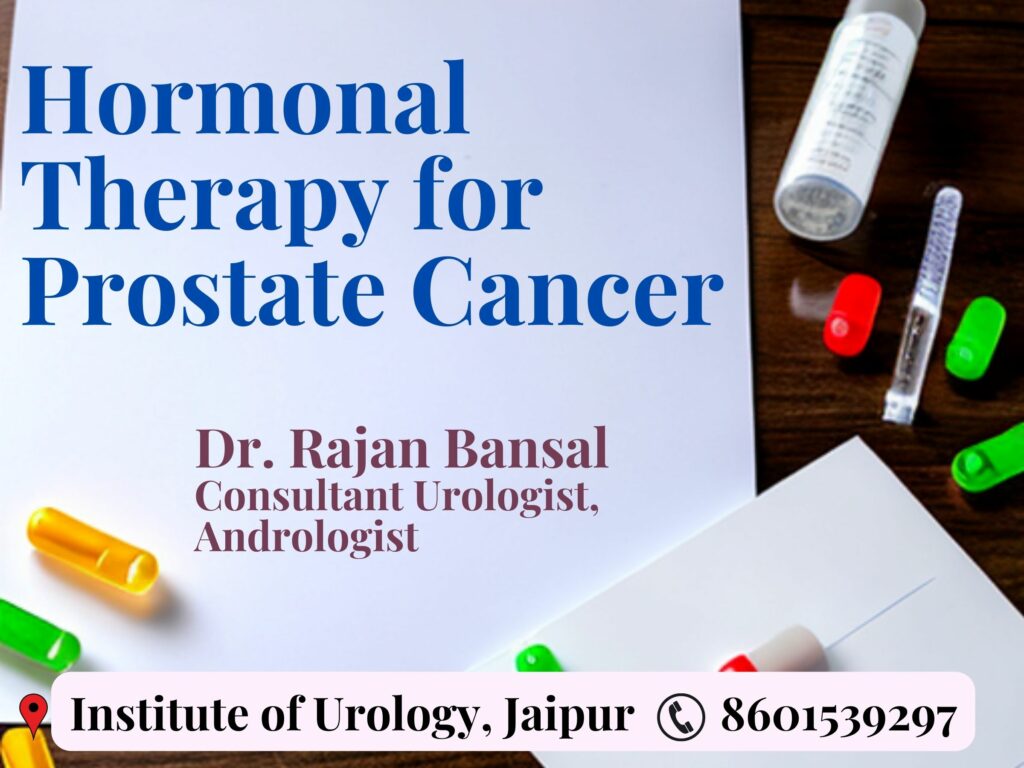
Hormonal therapy can be administered in several ways, including through injections, pills, and surgery. The goal of this therapy is to slow down the growth of the cancer cells, reduce the size of the tumour, and manage symptoms associated with the disease.
The most common form of hormonal therapy is called androgen deprivation therapy (ADT). Another type of hormonal therapy is called anti-androgen therapy. This type of therapy works by blocking the effect of testosterone on the prostate cancer cells. Anti-androgen therapy is often used in combination with ADT to maximize its effectiveness.
Androgen Deprivation Therapy
Androgen deprivation therapy (ADT), is a common treatment for prostate cancer. It involves reducing or eliminating the production of male hormones, specifically testosterone, which can fuel the growth of prostate cancer cells. ADT can be used alone or in combination with other treatments such as radiation therapy or surgery. In this post, we will discuss the different types of ADT, their mechanisms of action, potential side effects, and how to manage them.
The goal of ADT is to reduce or eliminate the production of testosterone, which is the main fuel for prostate cancer cells. By depriving the cancer cells of testosterone, their growth can be slowed down, and the cancer can be better controlled.
Types of Androgen Deprivation Therapy:
There are several different types of ADT, which can be classified as either medical or surgical. Medical ADT involves the use of medications to block the production or effects of testosterone, while surgical ADT involves the removal of the testicles, which are the main source of testosterone in men.
Medical Androgen Deprivation Therapy:
The two main classes of medications used for medical ADT are luteinizing hormone-releasing hormone (LHRH) agonists and anti-androgens. LHRH agonists work by reducing the production of testosterone in the testicles, while anti-androgens block the effects of testosterone on the prostate cancer cells.
LHRH agonists are administered as injections, either monthly or every three months, depending on the drug used. They work by suppressing the production of luteinizing hormone (LH), which is responsible for stimulating the testicles to produce testosterone. Without LH, the testicles produce less testosterone, which can slow down the growth of prostate cancer cells.
Anti-androgens, on the other hand, block the effects of testosterone on the prostate cancer cells. They are administered as pills, typically taken daily, and are often used in combination with LHRH agonists to achieve maximum suppression of testosterone.
Mechanism of Action – Medical ADT works by either reducing the production of testosterone in the testicles or blocking the effects of testosterone on the prostate cancer cells. LHRH agonists work by suppressing the production of luteinizing hormone (LH), which in turn reduces the production of testosterone in the testicles. Anti-androgens block the effects of testosterone on the prostate cancer cells, preventing them from growing and dividing.
Surgical Androgen Deprivation Therapy
Surgical ADT involves the removal of the testicles, which are the primary source of testosterone in men. This procedure is called an orchiectomy and is typically done under local or general anesthesia as a same-day surgery.
Orchiectomy is a permanent form of ADT, as it cannot be reversed. However, it is a simpler and less expensive option than medical ADT and does not require ongoing medication management.
Mechanism of Action – Surgical ADT, on the other hand, eliminates the primary source of testosterone in men by removing the testicles. Without testicles, the body is unable to produce testosterone, which can slow down the growth of prostate cancer cells.
Side Effects of Androgen Deprivation Therapy
While ADT can be effective in treating prostate cancer, it can also cause side effects, which can vary depending on the type of therapy used. Common side effects of medical ADT include:
- Hot flashes
- Loss of libido
- Erectile dysfunction
- Fatigue
- Decreased muscle mass
- Weight gain
- Breast tenderness or enlargement
- Osteoporosis
- Increased risk of heart disease
Surgical ADT can cause similar side effects to medical ADT, but the onset of these side effects may be more rapid, as the removal of the testicles immediately eliminates the source of testosterone.
Anti Androgen Therapy
Anti-androgen therapy is a type of hormonal therapy used to treat prostate cancer. Unlike androgen deprivation therapy (ADT), which aims to reduce the amount of testosterone in the body, anti-androgen therapy blocks the action of testosterone by binding to the androgen receptors on prostate cancer cells. This prevents testosterone from stimulating the growth of prostate cancer cells, and can help to slow the progression of the disease.
Types of Anti-Androgen Therapy:
There are two main types of anti-androgen therapy: non-steroidal anti-androgens (NSAAs) and steroidal anti-androgens (SAAs). Both types work by blocking the action of testosterone, but they do so in different ways.
Non-Steroidal Anti-Androgens (NSAAs): NSAAs block the androgen receptors on prostate cancer cells, preventing testosterone from binding to these receptors and stimulating the growth of cancer cells. Examples of NSAAs include bicalutamide, flutamide, and nilutamide. NSAAs are typically given in combination with ADT to improve the effectiveness of hormonal therapy.
Steroidal Anti-Androgens (SAAs): SAAs work by blocking the production of testosterone in the testicles. Examples of SAAs include cyproterone acetate and megestrol acetate. SAAs are less commonly used than NSAAs, and are typically reserved for patients who have not responded to other forms of hormonal therapy.
Side Effects of Anti-Androgen Therapy:
Like all cancer treatments, anti-androgen therapy can cause side effects. Common side effects of anti-androgen therapy include:
- Hot flashes
- Decreased libido
- Erectile dysfunction
- Breast tenderness or enlargement
- Fatigue
- Gastrointestinal symptoms (e.g. nausea, diarrhea, constipation)
- Liver function abnormalities
Patients undergoing anti-androgen therapy should work closely with their healthcare team to manage these side effects and improve their quality of life. For example, medications may be prescribed to help manage hot flashes or erectile dysfunction, and lifestyle changes such as regular exercise and a healthy diet can help to improve fatigue and other symptoms.
Best Hospital for Prostate Cancer in Jaipur – Institute of Urology, C Scheme, Jaipur
Hormonal therapy is typically used as a first-line treatment for prostate cancer that has spread beyond the prostate gland, known as metastatic prostate cancer. It is also used as a part of the treatment for prostate cancer that has returned after surgery or radiation therapy.
Hormonal therapy is an important component of the treatment of prostate cancer. It can be effective in slowing down the growth of cancer cells and managing symptoms associated with the disease. However, it is important for patients to be aware of the potential side effects and to work closely with their urologist to manage these side effects and achieve the best possible outcome.
At Institute of Urology, Jaipur we are equipped with advanced technology and state of the art infrastructure which helps us monitor the cancer closely and precisely so that we can keep track if the cancer is growing or regressing. Based on those quick reports, we are able to take swift decisions which are crucial for patients battling serious diseases like cancer.
If you have any questions or queries, you can give me a call at 8601539297 (Dr. Rajan Bansal), or you can also consult with me personally at the hospital – Institute of Urology, C Scheme, Jaipur. For booking an appointment, please call 9829013468. Thank you.

